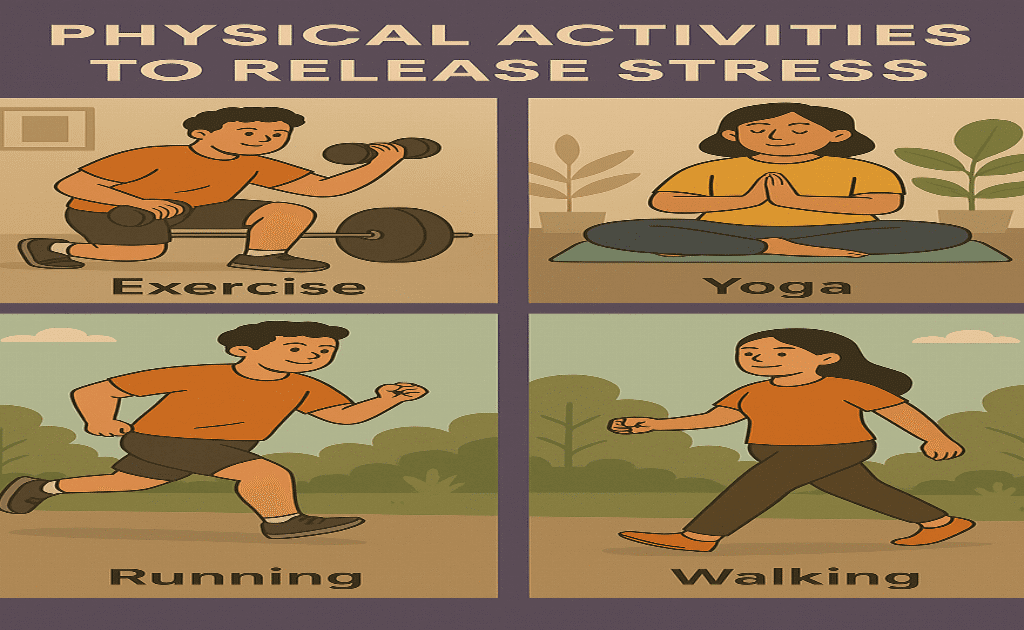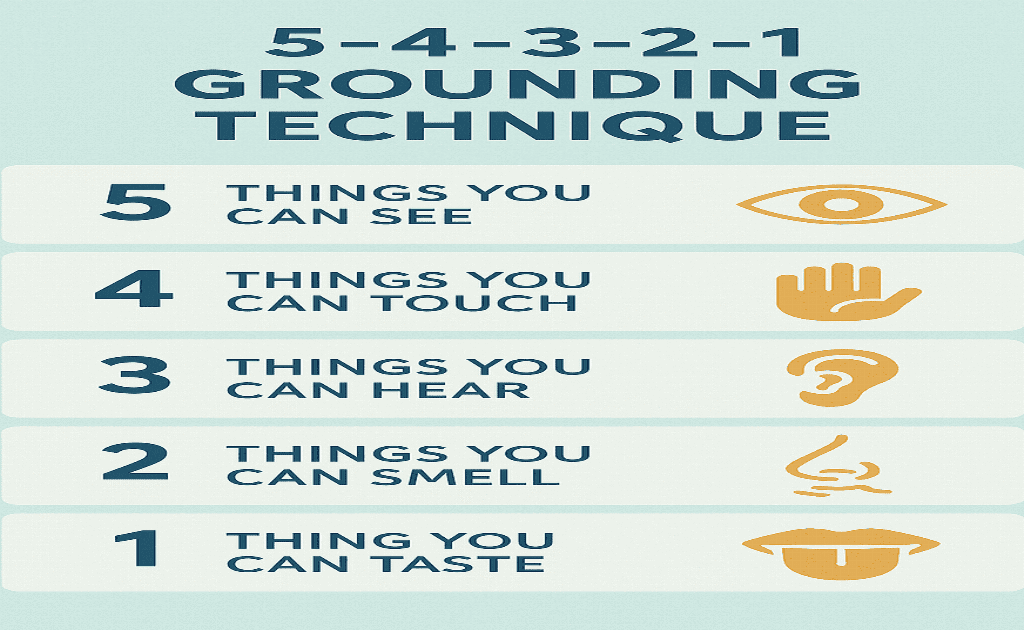As the saying goes, “This too shall pass.” At the heart of this saying, lies a deep psychological and philosophical truth known as Impermanence, the understanding that everything, especially emotions and situations, is temporary.
Imagine this; you are called out by your boss, friend or mom in front of a group of people for either missing a deadline or making a mistake. In that moment you become vulnerable, anxious, and perhaps even angry. That makes you very stressful Right? Yes that is a normal, natural and immediate response.
But after this occurance, our minds begin to recreate the experiences, replaying the words or the situation over and over again then depression and anxiety set in.
But in reality, what happened is Impermanent. In simple terms, it will pass.
Impermanence does not mean our feelings are not real or important. It means they will not last forever, no matter how intense those feelings may seem at the moment.
So how then do you rise above these high-stress situations. This guide delves into ten scientifically validated techniques to help you regain composure and clarity when it matters most. Understanding this helps us to be calm in a difficult situation.
1. Practice Deep Breathing
When you face high-stress situations the nature of your breathing changes, you begin to breathe a lot faster than normal. To stay calm, try these breathing techniques:
- 4-7-8 Method: breath through your nose for 4 seconds, hold for 7 seconds and exhale for 8 seconds. Repeat this process for about four times.
- Psychological/Physiological Sigh: Inhale deeply through your nose twice, exhale slowly through your mouth. Repeat 1-3times.
Research indicates that such breathing exercises can decrease cortisol levels, the primary stress hormone. This helps to reduce heart rate and promote relaxation.
2. Engage in a Physical Activity

Physical activity, even in short bursts, can significantly reduce stress. Activities like walking, yoga, or stretching release endorphins, the body’s natural mood elevators. Regular exercise also improves sleep quality, cognitive function and helps reduce stress and tension.
3. Practice Mindfulness Techniques

When you are stress, you mind keeps reflecting on both future and past experiences. Being in the present (mindfulness) brings your attention to what is happening at the moment, not what might happen or what already happened. This shift can help calm your nervous system and give you a sense of control in a stressful situation. Techniques like:
- Meditation: Meditation helps you relax and reduce stress, anxiety, and depression. But when meditating, try and be in the moment (Mindful Meditation)
- Grounding Exercises: like the 5-4-3-2-1 method, help you to the present moment by focusing on your immediate environment. Try to think of,
- 5 things you can see
- 4 things you can touch
- 3 things you can hear
- 2 things you can smell
- 1 thing you can taste
4. Listen to Songs that Helps you Relax
Listening to music especially the ones that help you relax helps reduce the stress hormone, cortisol. But make sure these songs are easily accessible whenever you are feeling stressed. For example you can make a playlist of your favourite songs for easy accessibility.
You can also hum your favourite song all to yourself.
5. Challenge your Thoughts
Your mind often make up the worst possible situations in your heads when you feel too stressed. Examples: Before a presentation: You can find yourself thinking, “What if I flop and everyone laughs at me?
But you can challenge these thoughts using various techniques:
- Visualisation and Guided Imagery: Try to envision a calm and positive situation to promote relaxation. This technique can reduce stress by diverting attention from stressors and engaging the imagination.
- Positive Self Talk: Internal dialogues can influence how stress levels. It helps to identify, challenge and reframe negative thoughts patterns with a more positive one. “I am in control”, “I can handle this”
6. Write or Talk to Someone

Expressing your thoughts and feelings when highly stressed can be highly therapeutic. Get a journal and write down your feelings, thoughts and confusions or talk to a trusted person about them. This process can clear up your mind and allows you to process emotions and gain perspective on stressful events.
7. Spend Time with Things that Make You Happy
- A pet: Playing with a favourite pet helps you relax and brings you different perspectives.
- Have a “Me” Time: Spend time on things you really love to do.
8. Consider Supplements
Several vitamins or medications play an important role in your body’s stress response and mood regulation.
Note: It is important to talk to a doctor before taking any supplement, even if it is available over the counter or at the pharmacy.
9. Talk to a Professional
While these strategies are effective for managing everyday stress, persistent or overwhelming stress may require professional intervention. Signs such as chronic anxiety, depression, or sleep disturbances warrant consultation with a mental health professional or a counsellor.
Integrating Calmness into Your Daily Life
Life is full of stressful moments. When they hit you, your brain focuses on survival mode as opposed to logical thinking. This makes it difficult for you to make logical or good decisions. In short, Logical reasoning takes a seat and allows the emotions function at that moment.
Focusing on the methods provided can help you handle stress better and remain mentally alert.
Don’t forget, Consistency is key. Stress management is a lifetime process, and every small step counts.
Start with one or two strategies that resonate with you and build your stress-fighting toolkit over time. Practice them on a daily basis to build resilience to stress. Your body and mind will thank you.
You will be surprised to see yourself very calm when a stressful situation comes.
Call-to-Action (CTA)
Have you tried any of these techniques? Share your experiences in the comments below. For more insights on mental well-being, subscribe to our newsletter and explore our related articles on mindfulness and stress management.



Add a Comment